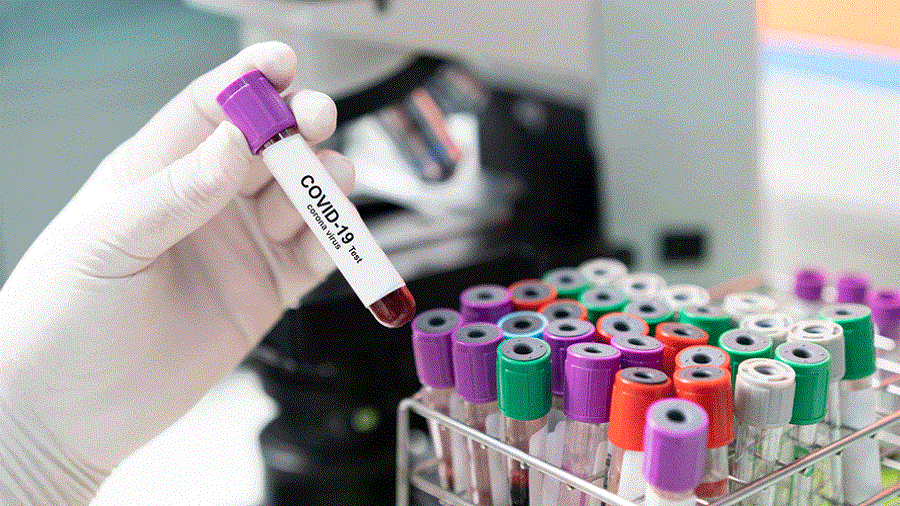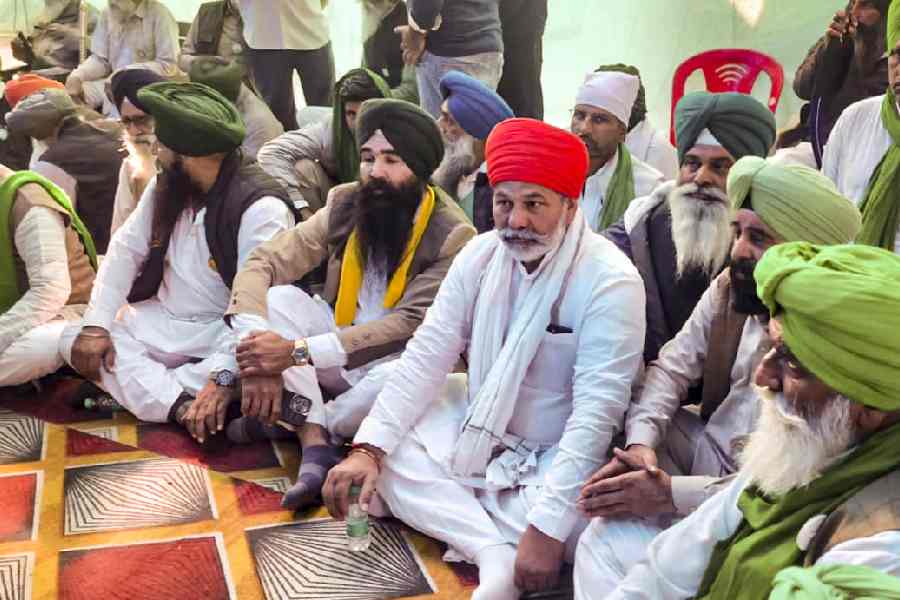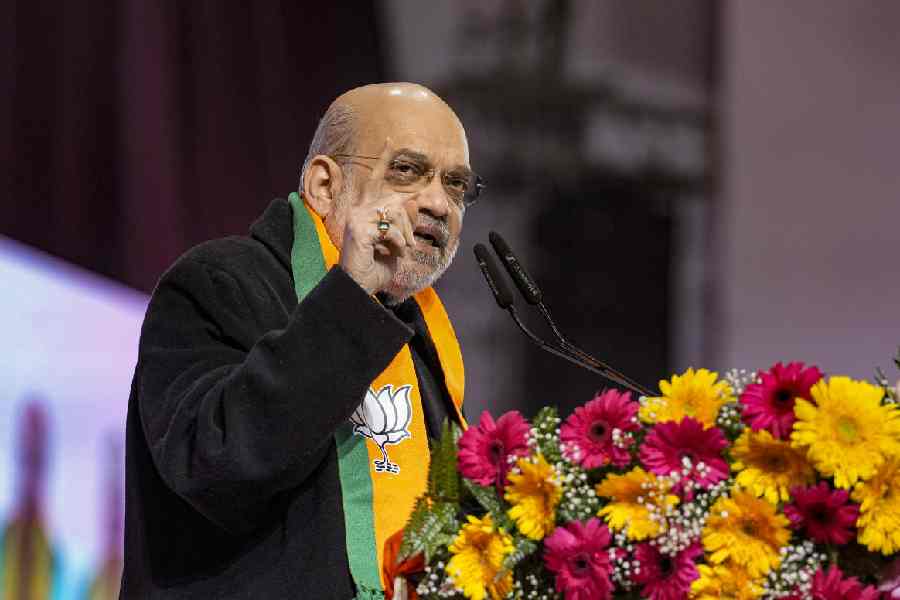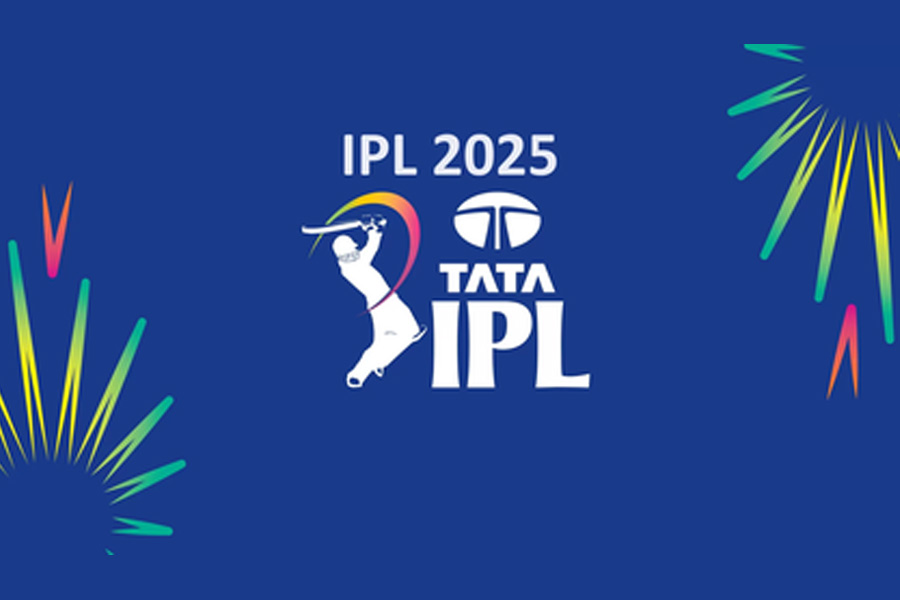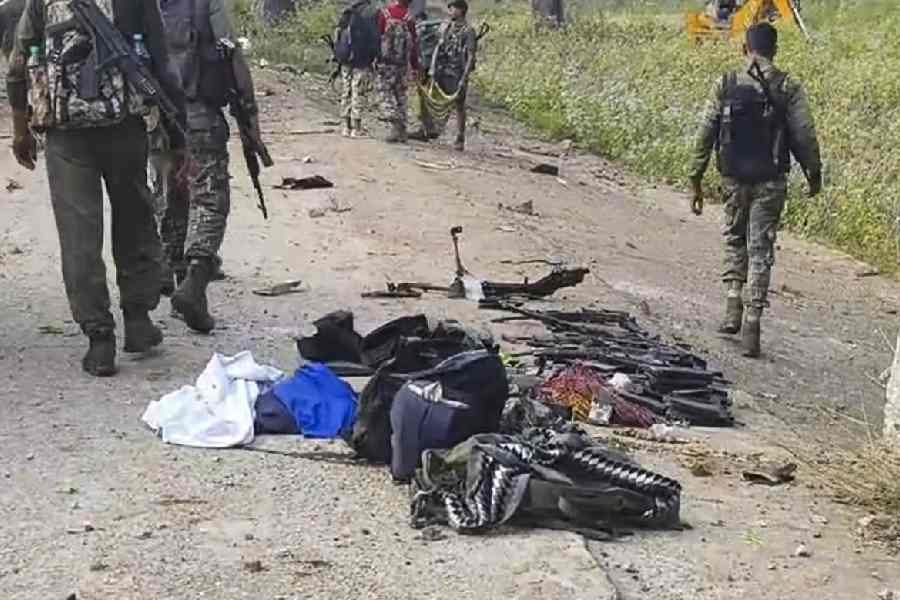The second phase of a sero survey to gauge the prevalence of the SARS-COV-2 virus in the state began on Thursday with a plan to test samples of 400 people in the three districts of Latehar, Simdega and Pakur.
“Once the samples are collected in the three districts, survey teams will move to the remaining 10 districts, which were surveyed in the first phase,” said state director of National Heath Mission (NHM) Ravi Shankar Shukla. “The survey results should be out in 15 to 20 days,” he added.
During the first phase of sero survey, samples were collected from the same three districts in May. Later, in June, serum samples of people in Ranchi, Bokaro, Dhanbad, Dumka, East Singhbhum, Garhwa, Hazaribagh, Khunti, Palamu and West Singhbhum were collected.
The first phase of the survey concluded that there was no community transmission of the coronavirus in the state as only 0.63 per cent people of Jharkhand had developed antibodies after suffering from Covid-19. It found that seroprevalence in Jharkhand ranged from 0.43 per cent to 0.9 per cent, which according to the government, was “very low”, and indicated the virus’s exposure to less than one person per 100.
However, as per government figures, Jharkhand had reported only 2,490 cases of Covid-19 the end of June. Cut to August 20, the Covid tally in state has leaped to 26,421, which was ten-times higher than the count of cases in June.
Nearly 1,000 cases of infection have surfaced every day in Jharkhand in the past fortnight, indicating that the virus was fast spreading among the urban and rural populations of the tribal state, say health experts.
In the second phase of the serio survey, random households and population samples from 13 districts will be selected by experts from Indian Council of Medical Research (ICMR) and Government of India. Each district will be divided into 10 clusters and at least 40 samples will be collected from each cluster for the survey, said heath officials, adding that survey teams were sent to the three districts on Tuesday itself.
According to experts, a sero survey aims at collecting serum samples from a relevant group of people to check if they have developed antibodies to fight an antigen, which in this case is the SARS-COV-2 virus. The survey indicates the extent to which the population of a district or a state has been exposed to a virus.

